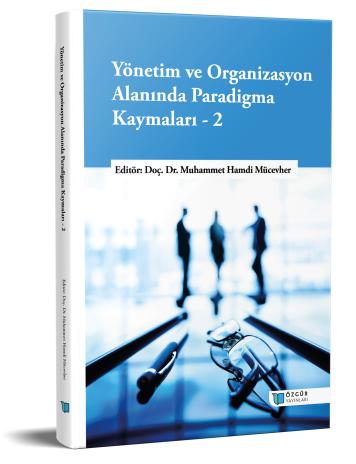
Changing Work Patterns: Flexible Work Arrangements in Contemporary Employment
Chapter from the book:
Mücevher,
M.
H.
(ed.)
2025.
Paradigm Shifts in Management and Organization - 2.
Synopsis
Along with economic, social, and technological developments, constantly changing environmental conditions lead organizations to adopt more flexible work arrangements. Employees prefer these flexible working arrangements due to professional expectations or other personal reasons. Flexible working encompasses employment forms that provide alternatives to standard working forms in terms of time, space, or workload, aiming to provide efficiency for organizations and greater autonomy and well-being for employees. This study presents the definition and scope of flexible working and the basic flexible working arrangements such as flexible working hours, remote working, shift work, job sharing, part-time work, and compressed work week. The advantages and disadvantages of these practices for organizations and employees are evaluated within the frameworks of the “Work/Family Border Theory,” the “Job Demands-Resources Model,” and the “Job Autonomy.” Brief information is provided on how flexible working arrangements are regulated in the Turkish Labor Law No. 4857. In this study, the organizational and individual effects of flexible working arrangements are evaluated within the scope of the findings obtained from the studies in the pertinent literature. Findings in this research field have shown that although flexible work arrangements positively affect employee outcomes, such as work-life balance, job satisfaction, job engagement, and well-being, these effects can vary depending on the contextual conditions and how flexible arrangements are implemented. They can also lead to adverse outcomes, such as social isolation, burnout, or increased workload. Therefore, it is emphasized that organizations should adopt practices that truly support employees, not formal programs that serve only their interests. The study underscores the necessity of jointly addressing strategic, technical, and managerial dimensions to ensure the sustainable implementation of flexible work arrangements.

